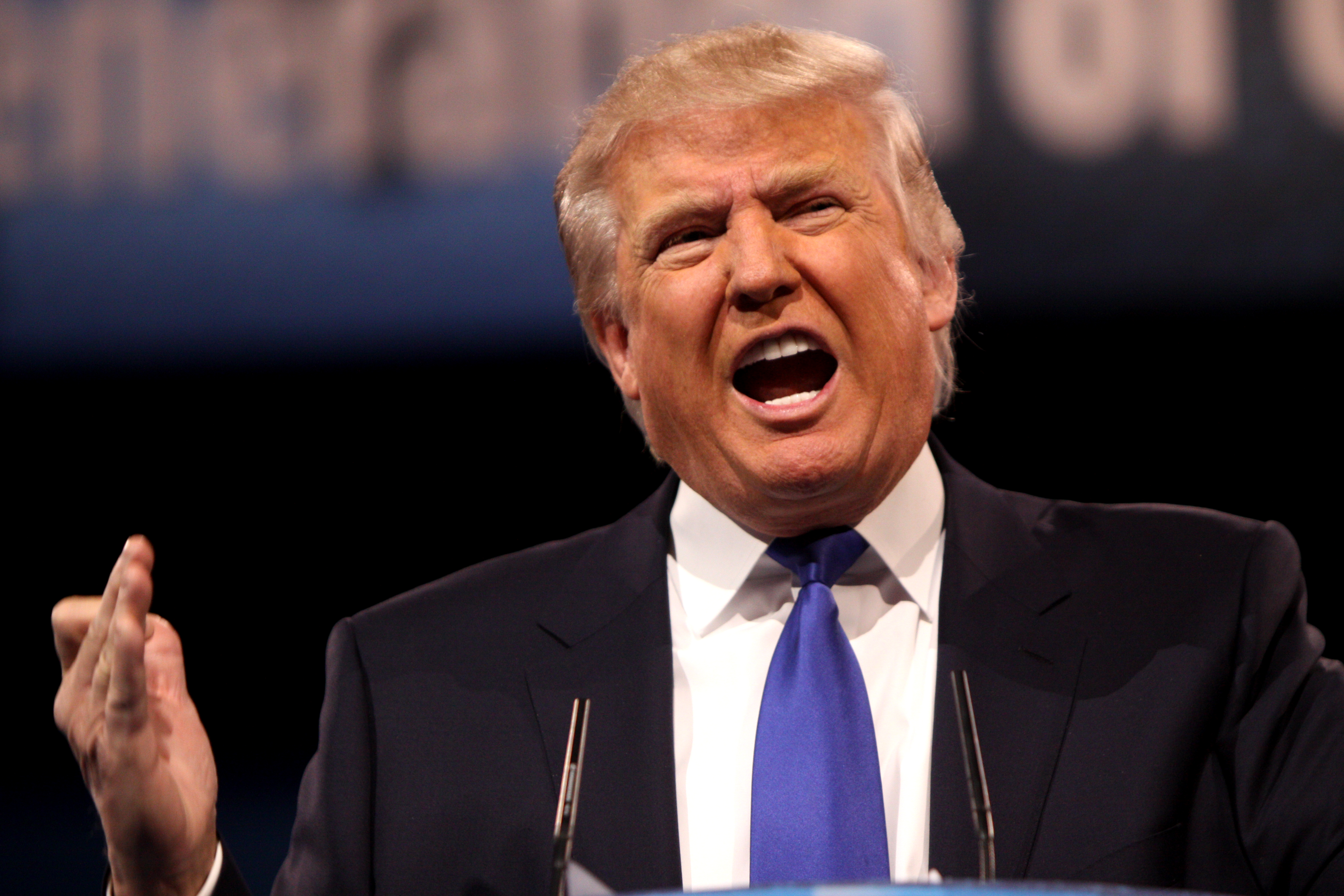With blowout victories in New Hampshire and South Carolina, Donald Trump now has 56 more delegates than Ted Cruz, the candidate with the second-most delegates and the one who claimed victory in Iowa. Although there are still 47 states and five months until the Republican National Convention, many see Trump’s early success as a sign of a shoo-in nomination for the billionaire businessman. The question now is whether the hype will carry through until July or if Trump will meet the demise that many hoped he would a long time ago.
Though many believe Trump’s time will come soon, hard evidence says otherwise. Ted Cruz’s win in Iowa was narrow compared with Trump’s wins in both New Hampshire and South Carolina. Cruz’s third-place finish in South Carolina is crushing for the conservative Texan senator, whose strategy revolved around winning southern states such as South Carolina that he hoped would be easy victories due to his ideological similarities with the voters. Trump is also the predicted winner in Tuesday’s Republican caucus in Nevada, which would all but solidify his dominance in the early states. He is also expected to perform well in many other southern states, which would not only elevate him over Cruz and garner a few delegates, but more importantly would also push his momentum even further.
While Trump might have early victories, the narrowing of the field of candidates might do him more harm than good. Chris Christie, Carly Fiorina and Jeb Bush have all ended their campaigns recently, reducing the field to just five candidates, down from its original 17. One of the remaining candidates, Ben Carson, has little likelihood of sustaining his campaign until the convention. However, the narrowing of the playing field could potentially present a more appealing candidate now that attention from all the outsiders is fading away.
Marco Rubio put on strong showings in Iowa and South Carolina, and with his former mentor and fellow Floridian Bush out of the race, voters and resources could now shift to the young senator whom many see as the future of the party. John Kasich, though a moderate underdog, performed well in New Hampshire, and his experience and credibility could garner him enough support to stay in the race in at least the near future. Therefore, although Trump still holds the lead he’s held for so long, he is about to face serious competition for the first time.
With Bush gone, not only could Rubio pick up many of the former Florida governor’s resources and endorsements, but he likely will have to take Bush’s place as an opponent of Trump in the debates. Trump loved picking on Bush at every opportunity he got, and now that his attention will shift toward Rubio, the junior senator will have to start attacking Trump more than ever. Cruz’s loss in South Carolina has caused him to shake up his campaign and reevaluate his strategy, but no matter what he decides to do, it will definitely revolve around bashing Trump as well.
This campaign season has been ugly since its birth, and the narrowing of candidates isn’t going to do anything to stop this. With so few candidates left, little time remaining and many more states to go, the stakes are as high as they’ve ever been. This is when Trump’s legitimacy will either solidify or crumble apart. Only time will tell if he can continue his dominance and land the nomination — and possibly even the White House — in 2016.
Kyle Campbell is a sophomore government and politics major. He can be reached at kcampbelldbk@gmail.com.



